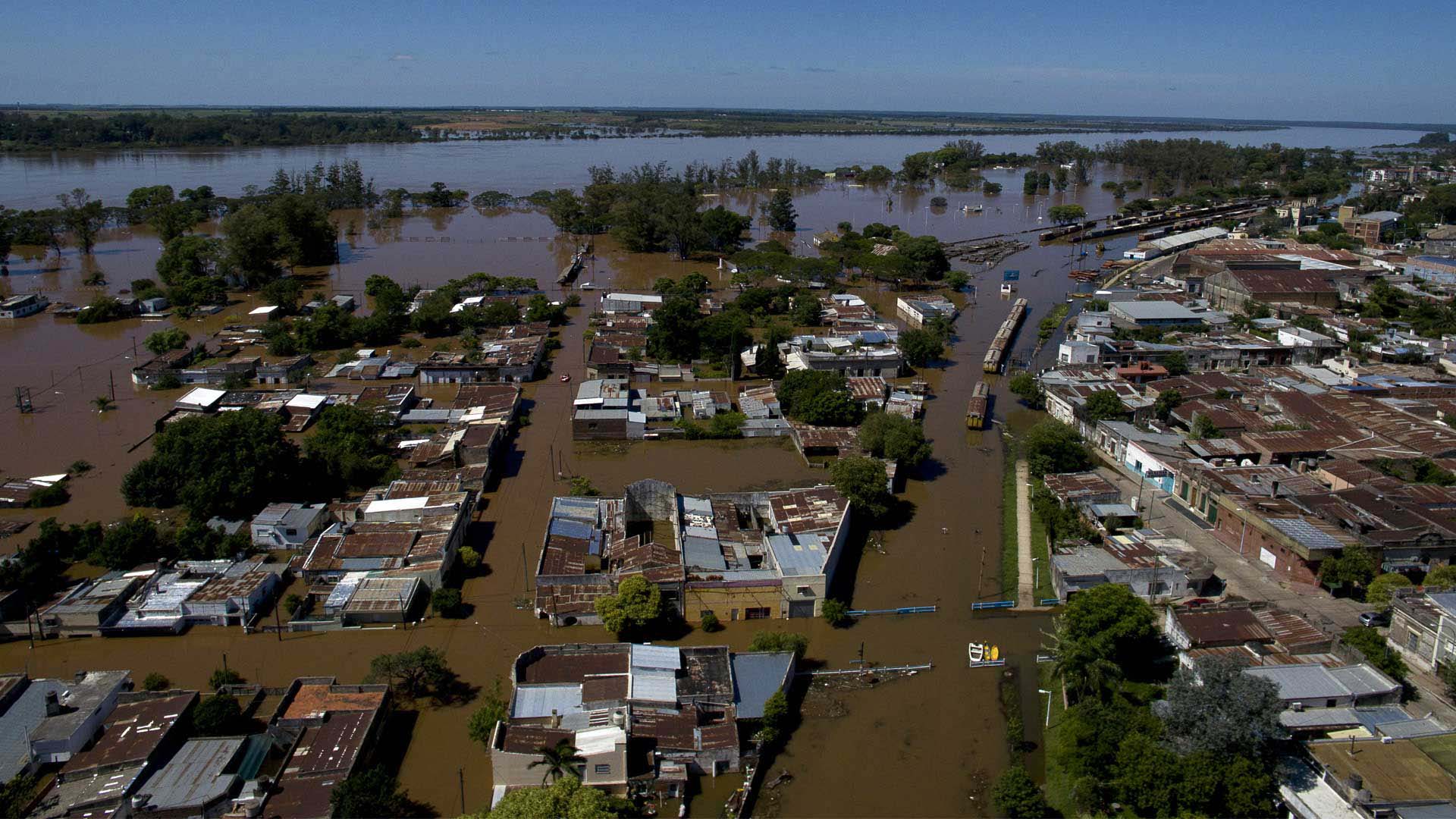The rise in sea level will cause a real catastrophe if urgent measures are not taken. According to a report on climate and risks in coastal areas of the Mediterranean by the Mediterranean Experts on Climate and Environmental Change (MedECC, by its acronym in English), up to 20 million people will have to leave the Mediterranean coasts.
This would happen by the year 2100. Other infrastructures, such as transportation networks or cultural heritage sites, will also be at high risk.
Rise in sea level: dangers if no measures are taken
The text also alerts that the rate of increase in the Mediterranean sea level is 2.8 millimeters (mm), double the average of the 20th century. By the end of the century, it is expected that the average ocean level could rise by one meter.
According to experts, this will increase the risk of flooding related to storms and will also cause the permanent flooding of certain areas along the Mediterranean coasts.
 Flood risks will also increase.
Flood risks will also increase.
In a scenario of average emissions, the report warns that extreme events related to sea level, which currently occur once every hundred years, are likely to increase in frequency by at least 10% by 2050 and by 22% by 2100.
The study involved 55 authors from 17 countries. The researchers expressed their belief that it is “highly likely” that surface air temperatures in the Mediterranean region will continue to rise more than the global average.
More warm extremes
They have also assessed as very likely that the frequency and intensity of warm extremes and evapotranspiration will continue to increase.
On the other hand, precipitation could decrease according to the reduction of greenhouse gas emissions (GHG) achieved in the future.
Furthermore, the authors indicated that the temperature increase will lead to the adaptation limit of the ecosystems in the region being reached when 3 degrees are reached.
As they have warned, this will result in further environmental degradation and will hinder water resource management. Additionally, they explained that this is compounded by the fact that the Mediterranean is the world’s largest tourist destination, which increases pressure.
They have also emphasized that marine heatwaves are expected to become more common in the future. As noted in the report, these have increased carbon emissions and favor the appearance of non-native tropical species.
In parallel, they have also caused episodes of mass mortality affecting corals, sponges, mollusks, bryozoans, and echinoderms.
By 2040, scientists have estimated that plastic waste dumped into the sea will double if annual plastic production continues to increase at a rate of 4% and waste management does not undergo a radical improvement.
Have you already visited our YouTube channel? Subscribe now!

